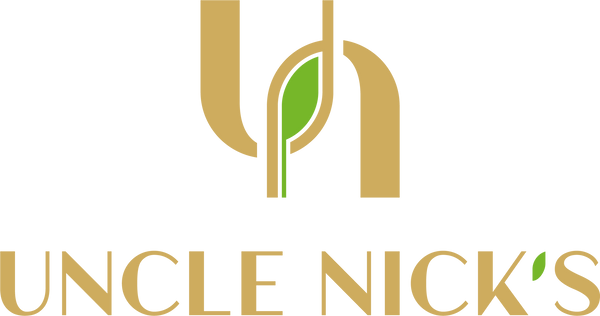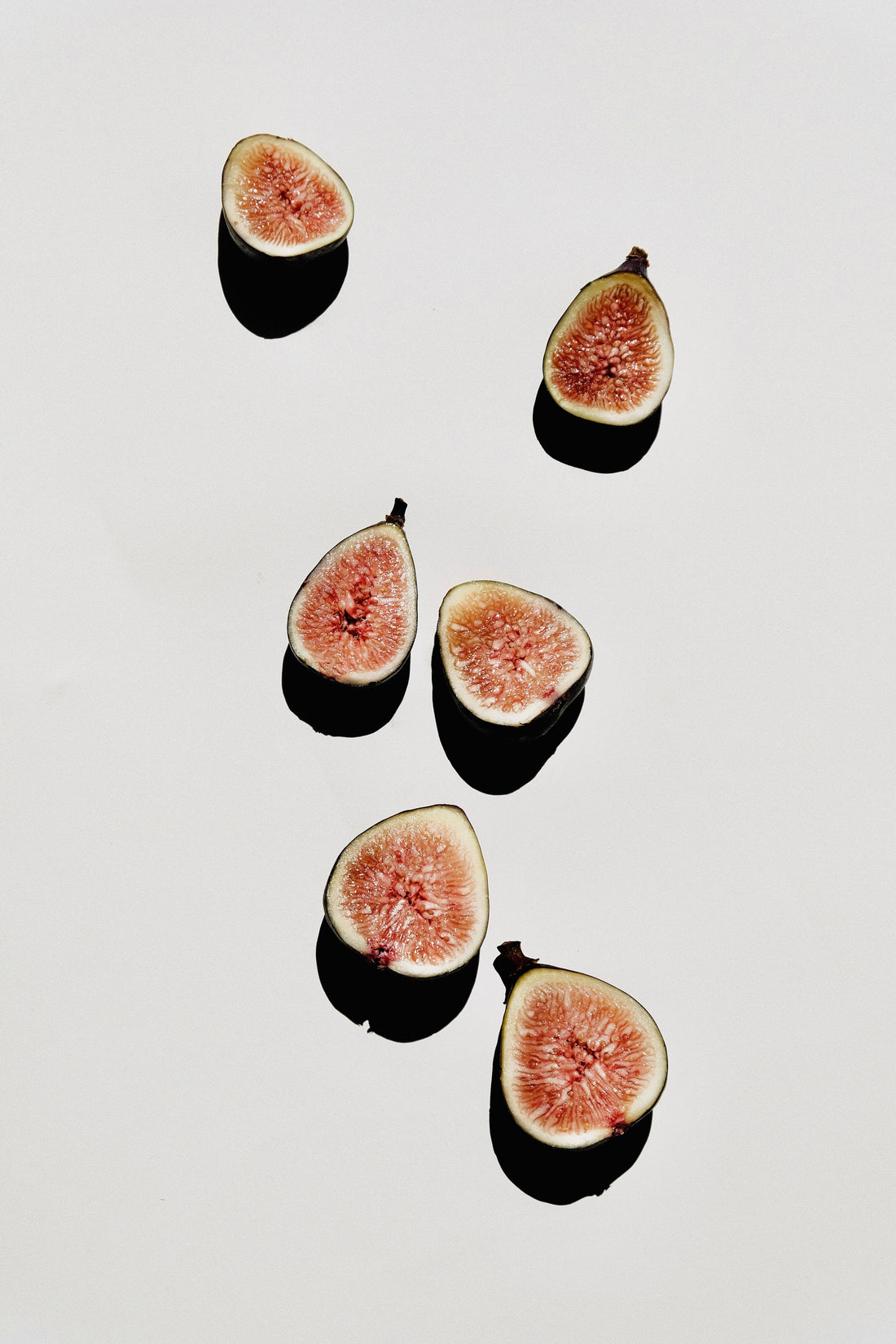Do you understand what a Raw diet is?
The popularity of raw dieting is rising among those who want to lose weight, but it can be not easy to know how to prepare raw food. This post talks about what you need to know before starting a fully raw diet.
A raw diet is one where food is consumed unprocessed and uncooked. Most vegan diets are predominantly raw, with some animal products such as eggs and dairy are thrown into the mix for variety.

Why go raw?
Some people choose to eat a predominantly raw diet because they believe it can improve overall health, depending on the remainder of their diet. Others choose to eat a raw diet due to allergies and health reasons such as irritable bowel syndrome or malabsorption. No matter the reason, a raw diet is often complicated to stick with because of the preparation and creativity required.
Things You Need to Note About The Raw Diet
Here are some of the critical things as a raw diet enthusiast you might need to note first:
- You need to use various ingredients to make raw food taste delicious.
A big concern for many starting a raw diet is that the food will be bland and flavorless since all cooking methods are removed from the equation. However, it is possible to make savory dishes with spices and herbs of many varieties to increase the amount of flavor in the finished product. This can be particularly helpful for picky eaters who do not enjoy a variety of different foods.
- Invest in a good juicer.
If you plan to consume any fruits or vegetables, you will need a juicer to extract their juices. While this can be costly upfront, it is more economical than purchasing single servings at the store, which can be expensive and inconvenient. A good juicer can also last for years and make it much easier to make fruit or vegetable smoothies or other specialty drinks that require fresh juice.
- You need to pay attention to the sugar content.
Since there are no preservatives in a raw diet, the food is more likely to go bad before you can use it all. This can lead to a lot of waste that is difficult to avoid when trying only to consume fresh foods. It is worth considering some of the health benefits of going raw when considering these things and whether the drawbacks outweigh them.

- Pay close attention to nutrient content.
Unlike cooking, raw foods do not lose quality when mishandled. If you wash your veggies, pay attention to how long they last in your refrigerator and store them properly.
- Keep track of vitamin and mineral absorption.
This is less of a concern with spinach, but it can be challenging to get enough vitamin C without eating some fruit or vegetables that contain it as well. If you plan to consume these with raw foods, it is worth understanding how much of the vitamin you are getting in your diet and the risks of consuming too little.
By: Alexa Khaghan

